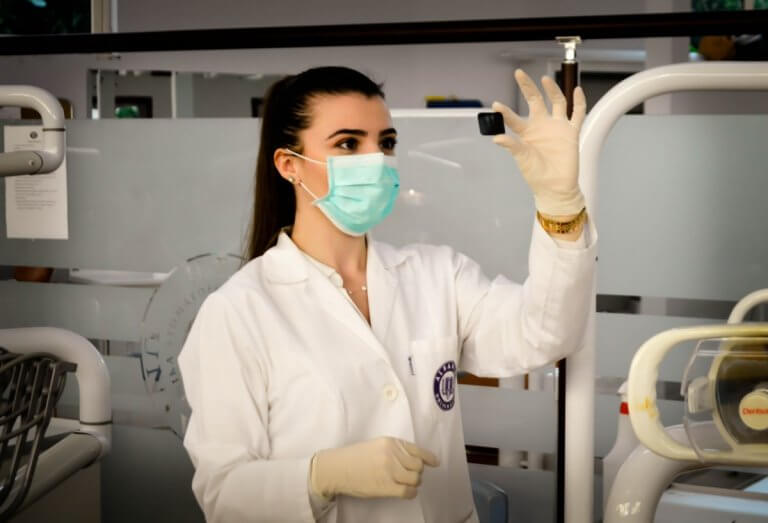
Although international students are unable to work off-campus in some countries like the US and Canada, there are many options to work on-campus.
Jobs like research assistant positions are great to get your foot in the door of the field you’re interested in, bulk up your CV, and earn some extra money in the process.
If you’re planning a future career in research, an assistantship a good way to get some first-hand experience and discover what working in research is really like.
Take note however, that not all research projects have the funds to pay students. Some offer credits instead of wages, which can also be helpful towards completing your degree.
Congratulations to #UrbanFreightLab research assistant and @uwengineering doctoral student Haena Kim for being awarded @WTS_Org Scott White Memorial Scholarship! Haena will be honored at the Womens Transportation Seminar Puget Sound Chapter Gala in March. https://t.co/Pny2YvwrWa pic.twitter.com/d0wYyEsZQj
— UW Supply Chain Transportation & Logistics Center (@SCTLCenter) 22 January 2019
Sound good? Here’s how you can apply:
Do your research
Pardon the unintentional pun, but first, you’ll need to do some research and find out what subject or area of research you’re keen to pursue.
Your job will be much more interesting and valuable if it’s something you’re passionate about.
Of course, it makes more sense to do your research work in the major or programme you’re already undertaking, but you can always try another field if you have an interest or are thinking about pursuing it as a minor.
Most STEM (Science, Technology, Engineering, Mathematics) fields offer research positions for students, as well as research-focused subjects like Psychology and Communication. However, this will differ across universities.
If you’re in a public research university, chances are there are many departments and research projects going on at the same time.
First, determine which professor or department you’d like to do your research alongside, and also consider what kind of studies or projects they’re working on. If you find they aren’t offering any positions, check with them for the next semester or next year.
Create a CV

Source: Shutterstock
As with any job, you’ll need a résumé or CV. Make sure it’s polished, error-free, clean and up-to-date.
Of course, being a university student, you might not have much work experience. But you can still include internships and other activities you’ve done to give the interviewer a sense of who you are and what you can bring to the table.
Include prior research experience, if any. Highlight the skills that can help you land a research assistant position, including anything analytical, attention to detail, organisational expertise, etc.
Check with your university
To apply for a research assistant position, some universities require you to go through their job portal or visit a specific website. Some may only allow you to apply for a position within your programme or degree. Find out the correct procedures before you apply so you don’t make any mistakes.
A growing number of universities are now using social media to their advantage, posting job opportunities on Twitter or Facebook, like the below example, so try looking online, too.
Social scientists with an interest in gender issues in #STEM please take a look and RT our advert for a Research Assistant on our recently funded #inclusionmatters grant @UofGlasgow
➡️ https://t.co/K9d7KmOUfg (ref E20378) @IoanaLatu— Helen Mulvana (@HelenMulvana) January 23, 2019
Meet with your professor
If you’re planning to apply for a research position with a professor and you aren’t sure what your job entails, try setting up a meeting with him/her.
By doing so, you’ll gain insight into what’s expected of you and what the project is about.
Prepare for interviews
You might be asked to come in for an interview, so make sure you’re prepared. Do some background research on the project, and let them know how you can be an asset to the team.
Good luck!
Liked this? Then you’ll love…
Inspiration through ground-breaking research
Why EU postgraduates are ditching plans to start a research career in the UK







